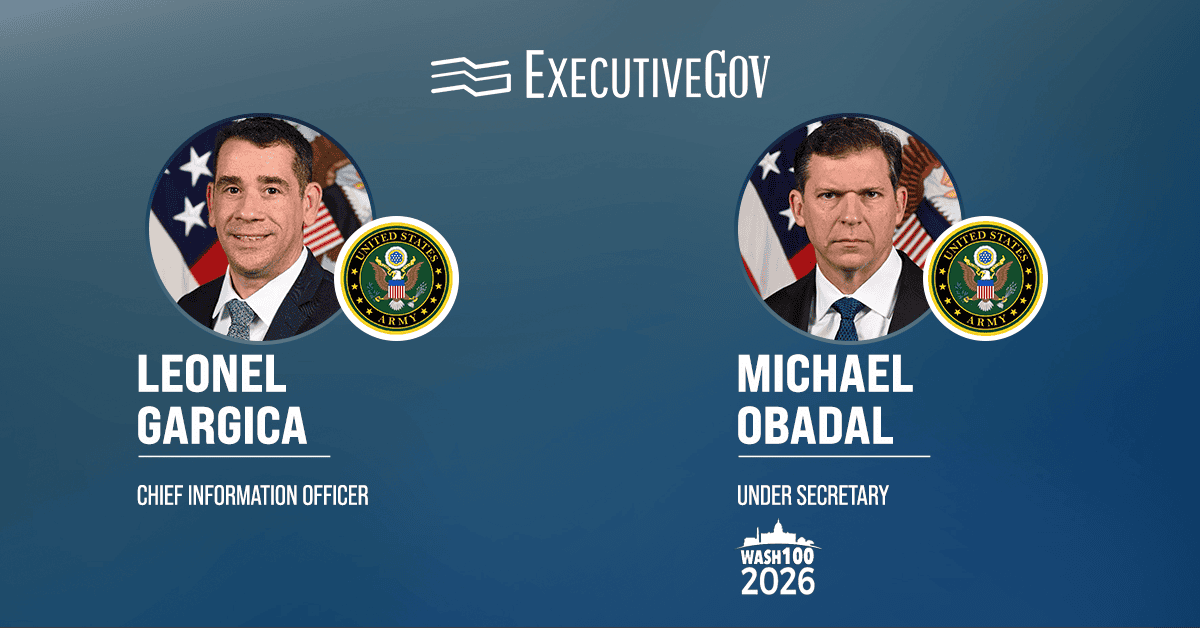
Jim Bridenstine, NASA administrator, said the agency will take longer to recover from the shutdown upon reopening, Space News reported Tuesday. During a broadcast meeting, he said the newly reopened agency’s expected recovery time will exceed the shutdown’s 35-day duration.
The administrator stated that the agency began focusing on providing civil employees with back pay after the shutdown’s temporary conclusion on Jan. 25. However, the agency may not guarantee back pay for contractual employees who face varying work arrangements, Bridenstine noted. “Every contract is different, and so we’re working through that right now,†he said.
The space agency, along with other affected agencies, are receiving funds through Feb. 15, while the Congress works to address the situation.





